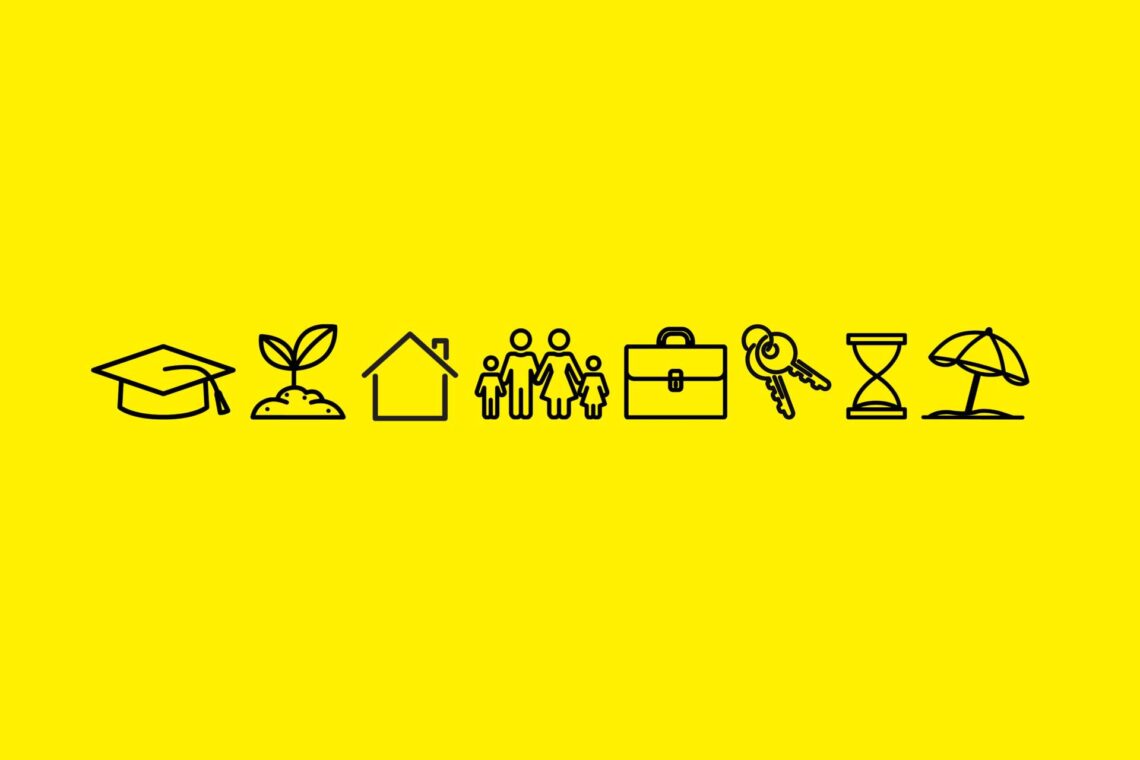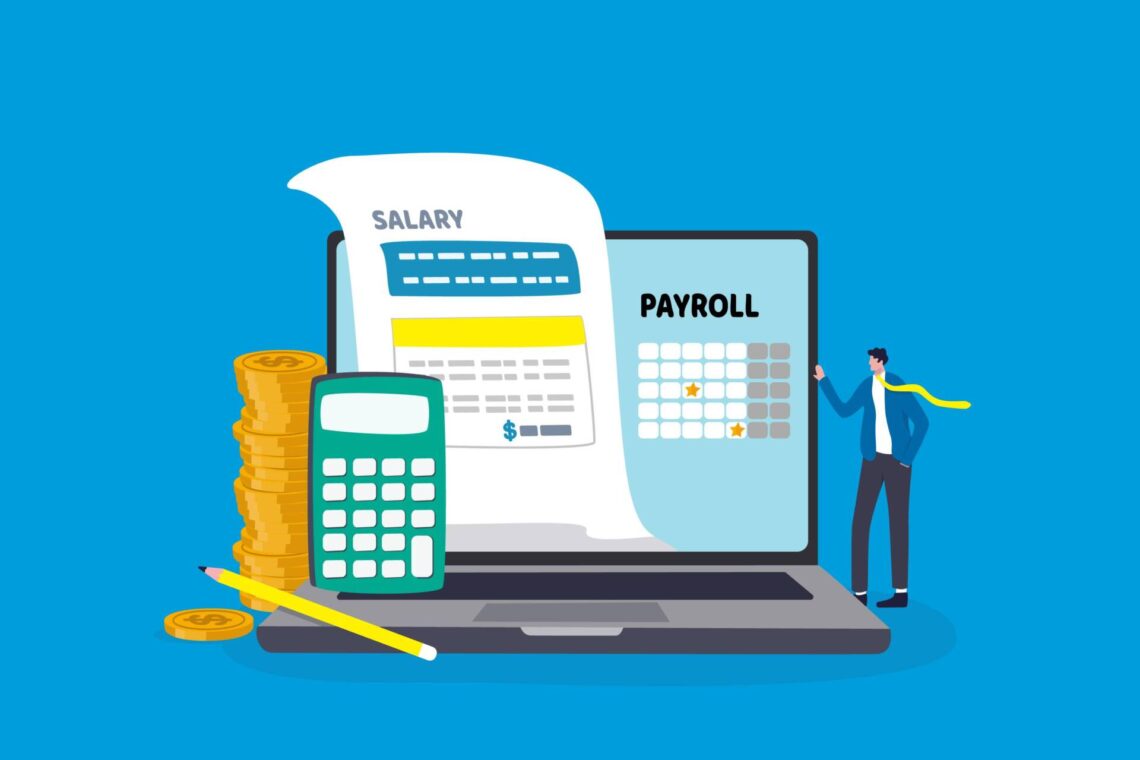If you run a small business you know there are usually 2 things you need more of…. TIME and CASH.
The old adage of ‘Cash is King’ is still very much relevant to small business. Most small businesses rely on their clients paying on time to enable them to pay staff, purchase stock and materials, provide for their own family and take opportunities to grow and expand their business or improve systems and equipment.
So what happens when your clients stop paying on time? How can you get cash in quick, so you aren’t spending endless hours chasing small but crucial amounts of cash and missing opportunities to grow your business?
In this article, we will discuss 10 tips for avoiding large debtor balances and to help you collect the amounts owing to you.
How to Collect Outstanding debts
- Get your invoices out as soon as possible after the service/product has been delivered and offer various payment methods when the invoice is first issued including direct transfer and online using credit card or 3rdparty financing. If you are doing work face to face ensure you have the ability to raise invoices and take payments on the spot. Services such as Stripe and Square are low cost, pay as you go services that are quick and easy to set up and integrate with cloud accounting software such as Xero and Quickbooks Online
- If it fits with your business model consider offering payment plans. These can be an agreement with you or you can use a 3rdparty where they take a fee, pay you and they chase the client. This probably fits best with larger amounts. If your services to your clients result in a large bill once a year, consider providing them with a set quote and offering to break payment down over 12 months. Ensure that this is not all in ‘arrears’ and that by the time the entire service is delivered they have at least 80% of the fees paid.
- Don’t take anything with the client too personally. Try to find out if there is another reason behind them not paying, maybe they weren’t happy with part of the service or there has been a fault with the product they haven’t advised you about.
- Make sure you are regularly following up with those that have not paid. Some systems such as Xero have automated follow up emails. With Xero this works well as you can see if the client has viewed the invoice and the follow ups. These work well as an initial, more softer approach to the outstanding debts before phone calls start.
- Once you get to the phone call stage make sure you are phoning them at least 2-3 times per week. Ring at different times of the day and keep pushing for payment
- Keep detailed notes about what clients tell you as their reason for not paying. These will be useful if the situation drags on.
- Do whatever you can to at least get some type of payment or a payment arrangement to pay off the debt in a reasonable time. Some money is better than no money and demanding full payment won’t always work (this naturally depends on the amount and how far overdue it is).
- If it’s a small amount (under $500) use reverse psychology, something along the lines of “I know this is only a small balance, so if you have no intentions of paying it, please just tell me now so I can stop wasting my time”. It would be rare anyone would tell you straight out they have no intention of paying.
- If you can have another person carry out most of the debt collecting work that would be advisable. It is hard to continue to deliver a service to someone who owes you money and taking the personal side away by using a 3rdparty can keep the business relationship in tact on the other side. As a business owner, you will usually have to step in at some point if bills still aren’t being paid but in general the client sees someone other than you as the person who wants money from them
- Remind them gently at first that there can be consequences for continuing to not pay. Whether that is suspension of services, repossessing of stock or assets or legal action. This is not something you want to do but you need to ensure the customer knows that failure to pay may lead to these outcomes.
If all the above fails we recommend consulting with a professional debt collector. Look for someone who takes a set percentage of the collection and only gets paid if they collect. That way they are motivated to get you paid and will treat the collection seriously.
Go-To Tools to Keep Your Debtors Under Control
(note we do not endorse the use of any of these products, they are mentioned simply as popular tools other businesses are using)
PAYMENT FACILITIES
DIRECT DEBIT / 3RD PARTY COLLECTION EZYPAY
- Ezypay (recurring payments)
ONLINE ACCOUNTING SOFTWARE
DEBT COLLECTION PROFESSIONALS
- CollectmoreAlso check out the Collectmore App for DIY tools
DEBT COLLECTION APPS
We trust the tips above will assist you to get paid faster and give you more time to spend growing and improving your business.





